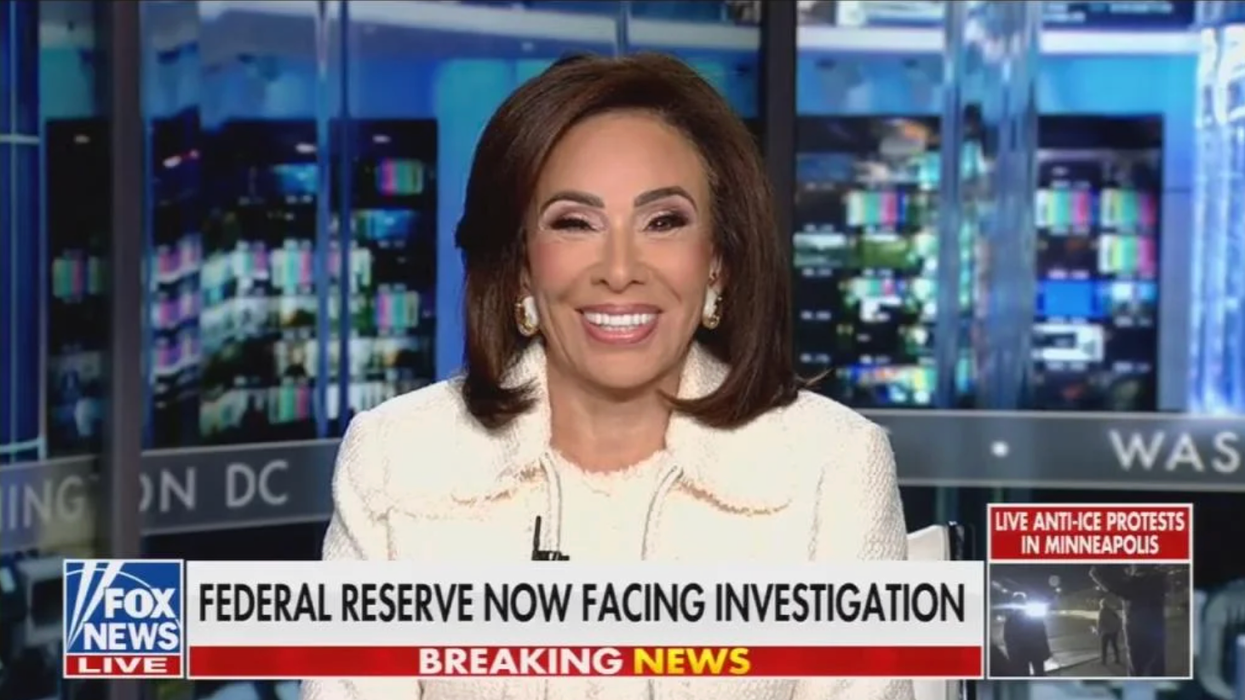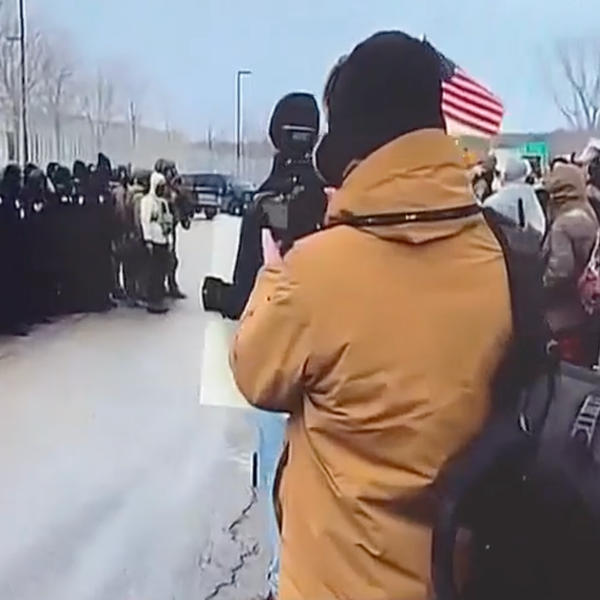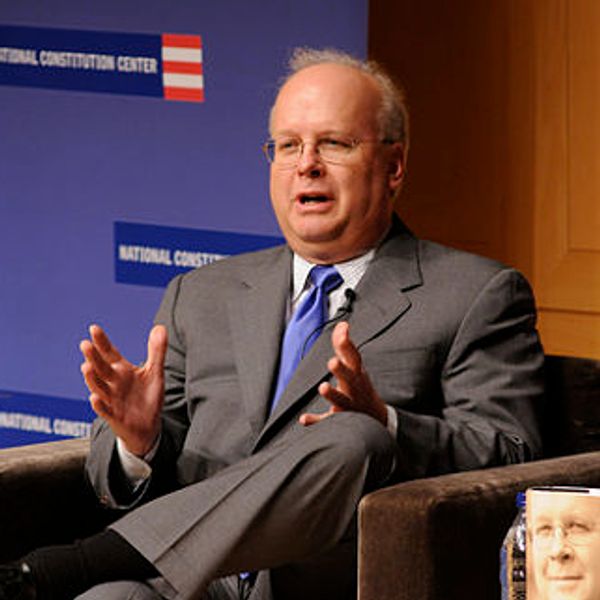Only In A Thugocracy Could ICE Agents Pretend To Be 'Law Enforcement'
We've seen masked government agents roughing people up, shouting obscenities at them, trapping them on freezing cold roofs, smashing their car windows, shooting pastors with pepper balls, shoving women to the ground, separating mothers from their children, and killing an unarmed American citizen as she attempted to maneuver her car away, dog in the backseat and glove compartment overflowing with colorful stuffed animals.
Why was Renee Good executed in cold blood? Because, our jefe explained, "that woman was very, very disrespectful to law enforcement." That's a lie, as the 80% of Americans who watched the video can attest. Her last words were, "I'm not mad at you." But even if it were true, we live in a country that protects speech — even disrespectful speech — above nearly all other things. That means a person cannot be penalized — say, pulled over or denied a government benefit — for exercising their First Amendment rights. And oh, yes, it certainly means that they cannot be murdered by the state for being disrespectful. You know where that can happen? In places like Venezuela, Iran, Russia, and China — countries ruled by thugs.
Before Good's body was cold, before a single question had been asked in any investigation, the Secretary of Homeland Security declared her to be a "domestic terrorist" and asserted that she was attempting to run down the officer who killed her. Having blamed and defamed the victim, the administration next attempted to investigate and perhaps prosecute her widow while blocking inquiries into the ICE agent who pulled the trigger and then pronounced her a "f—-ing bitch." Six Department of Justice lawyers resigned rather than participate in that travesty, which is not nothing. Add their names to the roll of honor that also includes the 10 lawyers who resigned rather than drop the case against Eric Adams, and the more than 5,000 officials who have quit the Justice Department in the past year.
The battle against thugocracy is being fought on many fronts — by Fed Chairman Jerome Powell, who called out the president for his blatantly political persecution by prosecution; by the Republican legislators in Indiana, who rebuffed Trump's demand that they redistrict midcycle; by Jimmy Kimmel, who refused to be cowed; by the millions who showed up for No Kings rallies; by the five Republican senators who voted to invoke the War Powers Resolution over the Venezuela attack; by the judges who have ruled against Trump's usurpations of power; by the voters who turned out in 2025.
It's not yet clear who's winning. Every day, judges are issuing rulings expressing their disgust and alarm at the immoral and illegal actions of this administration. It cannot be emphasized too often that respect for the law is the ballgame. When that goes, there is no republic to preserve.
So consider the words of Judge Gary Brown, a Trump appointee, concerning ICE's treatment of detainees. This decision was issued just before Christmas.
The case concerned a Jamaican immigrant named Erron Anthony Clarke, who entered the country legally in 2018 on an H-2B visa. Clarke does not dispute that he overstayed his visa (which is not a crime), but, as Judge Brown noted, he has never been accused of committing any other offense — no violence, no drug use, no arrests — and has since married an American citizen and sought to adjust his immigration status to permanent residency on that basis. Should he have been deported? Some might say so. But that is not what the case turned on. It was the conditions in which ICE is detaining people.
After he was arrested, Clarke was placed in a "hold room" meant to temporarily house one person. Judge Brown recorded the conditions: "Nine men locked in a putrid ... cell containing an open toilet." They were held "day after day, without access to bunks, bedding, soap, showers, toothbrushes or clean clothes."
ICE's own regulations, along with numerous judicial rulings and simple decency, require that detainees be provided with soap, toothbrushes and toothpaste, sanitary napkins for women, clothing, and humane conditions. ICE provided none of those. Another detainee, cited by Judge Brown, offered similar testimony, noting that when detainees slept, they had to lie around the toilet.
Most Americans would not let their pets stay overnight in such conditions.
Last year, 32 people died in ICE custody, exceeding any yearly total since 2004 — including the pandemic years. ProPublica found that at least 170 American citizens have been caught in ICE dragnets and spent time in detention without access to a phone or a lawyer for hours and sometimes days.
Judge Brown may yet hold officials in contempt. He closed with these words:
"After nearly 35 years of experience with federal law enforcement ... encompassing service as a prosecutor and a judge, I have never encountered anything like this. ICE's seeming disregard of procedural requisites, combined with the chillingly brutal conditions of confinement to which Petitioner has been, and presumably would continue to be subjected, cries out for immediate remedy."
Judge Brown no doubt has a legal remedy in mind, but the enduring remedy can only be political.
Mona Charen is policy editor of The Bulwark and host of the "Beg to Differ" podcast. Her new book, Hard Right: The GOP's Drift Toward Extremism, is available now.
Reprinted with permission from Creators












